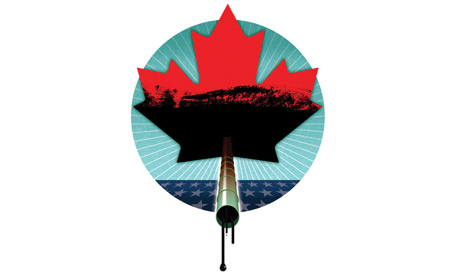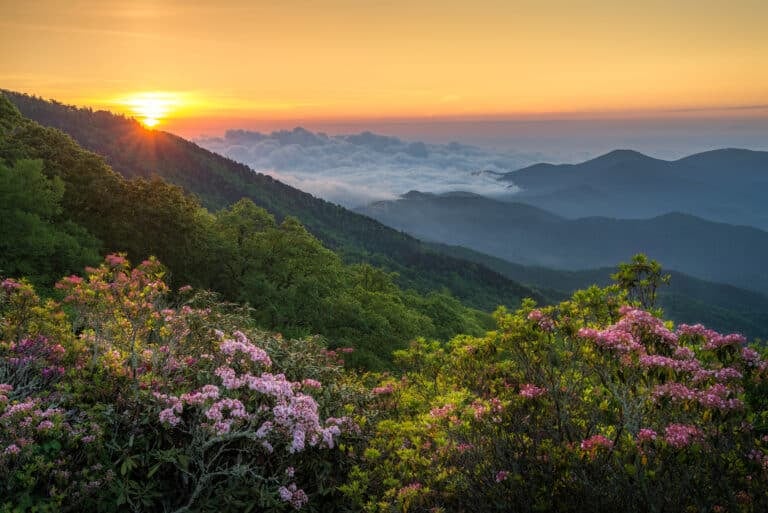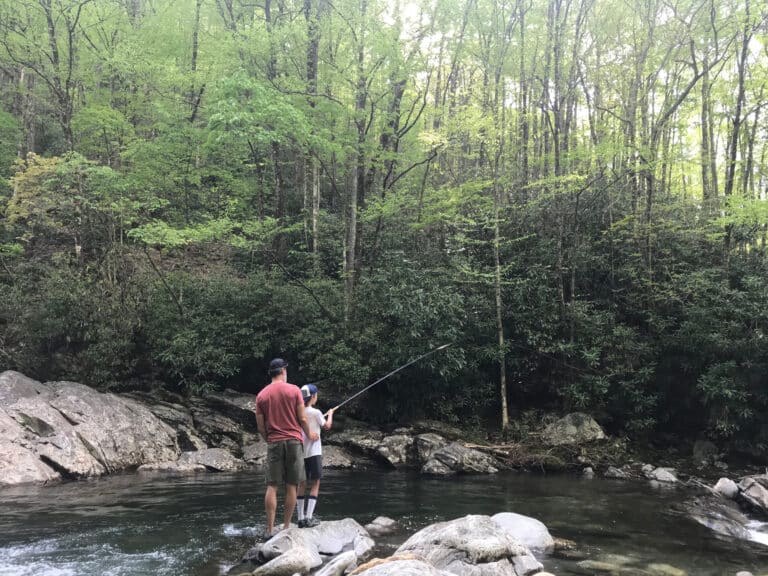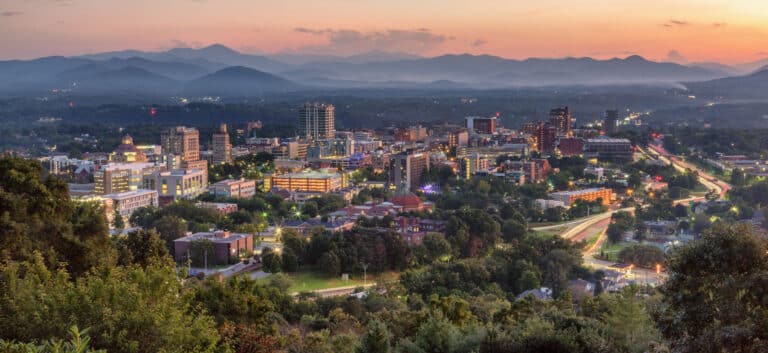Yes: Just build the damn thing
Many of the arguments against building the proposed Keystone XL Pipeline, which would carry 830,000 barrels of crude oil from Canada’s tar sands to refineries in the Midwest and Gulf Coast, center around the fact that extracting and refining this type of oil is more energy intensive than conventional oil production. Unfortunately, those arguments are built upon the misconception that if we don’t build the pipeline, our demand will magically decrease or that the tar sands will lie dormant and not be developed.
The U.S. currently consumes 20% of the world’s oil despite representing only 5% of the world’s population, and our demand isn’t decreasing anytime soon. Not building the pipeline simply means we will continue to rely on importing more oil from the Middle East, Venezuela, and Nigeria, instead of from our friendly neighbor to the north.
Of course, if we don’t build the pipeline, we could still easily contract with TransCanada for the development of the tar sands, but instead rely on a series of railways and tanker trucks, with the resulting higher costs and increased carbon emissions, to deliver the crude to our refineries. And if we assume that we’re not interested in tapping into the third largest pocket of oil on earth, do we really think that China and other developing nations are not going to jump on the chance to take advantage of this resource?
A recent report from the State Department confirmed that the decision to build the pipeline does nothing to impact climate change, since the tar sands will likely be developed anyway. Not building simply means we’re either importing a higher percentage of our oil from unstable countries, or paying higher costs to import the same crude in a less efficient manner.
This all doesn’t even touch on the 16,000 American jobs that will be created manufacturing and building the pipeline, or the increased property tax revenue that local governments and school districts will see once the pipeline is in operation. When you consider all of this, it’s no wonder that 66% of Americans support the pipeline. It’s time for us to go with the flow.
Dustin Paulson studied journalism and worked in the State Legislature in Florida. He now lives and works in North Carolina.
N0: Want water? Don’t build the pipeline
Just a few weeks ago, the Pegasus pipeline, an oil pipeline owned and operated by ExxonMobil, sprung a leak, spilling at least a half-million gallons of crude oil into a neighborhood in Mayflower, Arkansas. Video shot by a fleeing resident showed the oil flowing like a black gooey stream through suburban yards and into the streets. Nearly two dozen homes were evacuated and residents were left with no clear idea of when they’d be allowed back into their houses. Oil soon spread to a large lake nearby.
The Keystone XL pipeline would be three times larger than the Pegasus pipeline and carry almost ten times more oil.
The proposed Keystone pipeline would connect the tar sand fields of Alberta, Canada to Steele City, Nebraska and would allow Canadian and domestic oil to flow all the way to Texas oil refineries. Along the way, the pipeline would run through many ecologically sensitive areas as well as the Ogallala Aquifer, one of the largest fresh water reservoirs in the world and the source of drinking water for millions of people and thousands of farms.
If the Keystone XL pipeline is built, it’s a matter of when, not if, it will spring its own leaks. Sections of the pipeline that were built a year ago have already spilled 12 times, despite projections by pipeline operators that they would only see one leak per seven years. A large spill in the Keystone XL pipeline like the one that happened in Arkansas could have devastating effects on our economy, rob millions of people of clean drinking water, and permanently knock out a large chunk of U.S. agriculture output.
There are a lot of other great reasons not to built the Keystone XL pipeline (it would deepen our dependence on fossil fuels, worsen global warming, and create more incentive for the further mining of destructive oil sands), but for me, the chances of it poisoning one of our nation’s greatest natural resources is the deal breaker. We can’t allow the short-sighted profit motives of a handful of oil companies to override our responsibility to properly manage our water resources.
Shea Gunther writes about environmental issues for Mother Nature Network.
What do you think? Join the debate by entering your comments below.
Further Reading: Check out the story of Ken Ilgunas, the man who thru-hiked the length of the proposed Keystone XL Pipeline.








